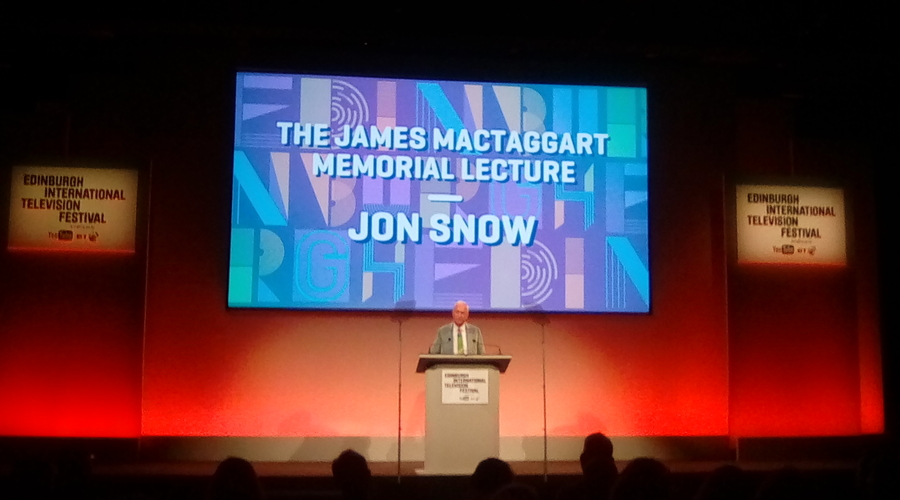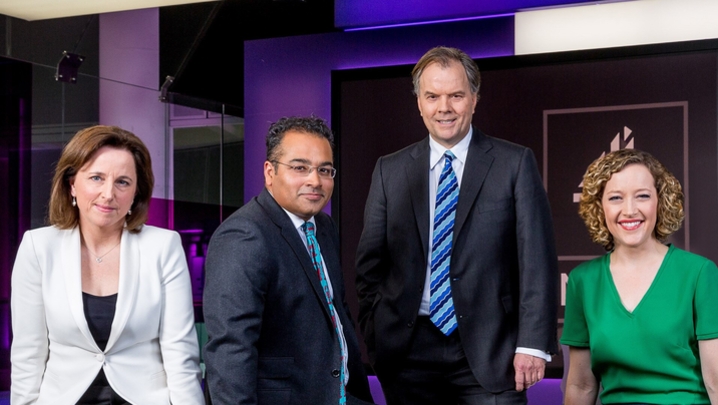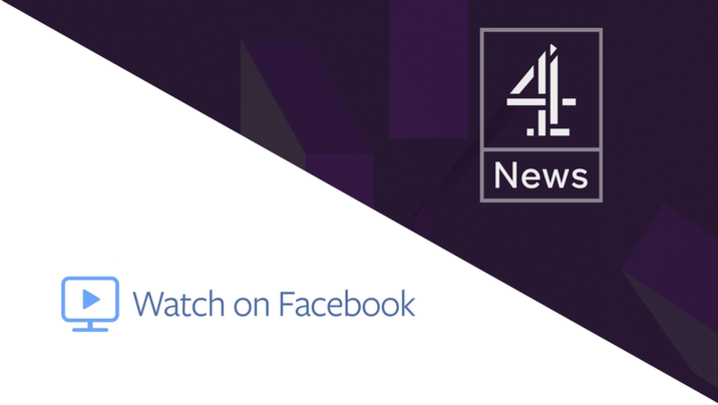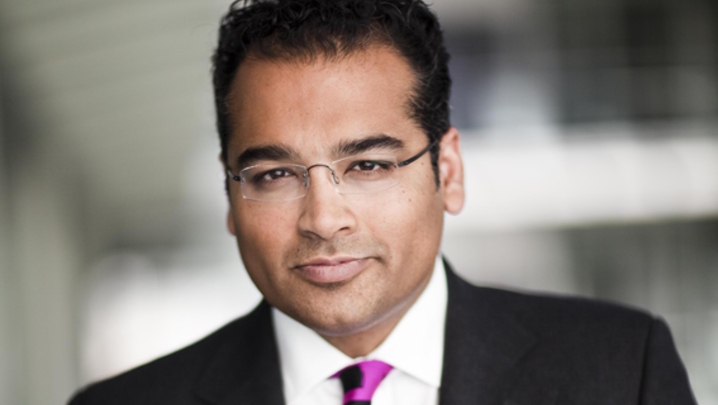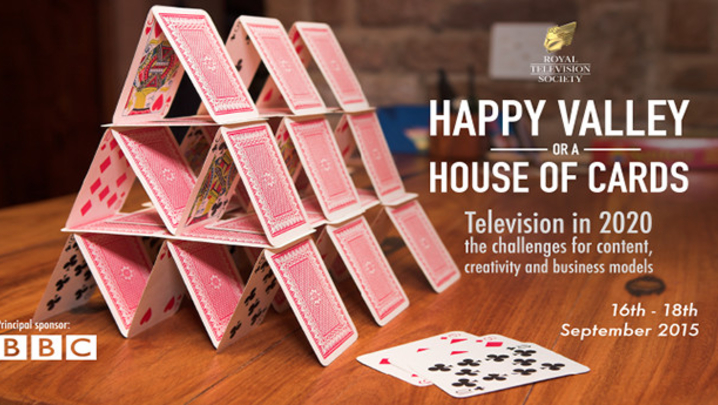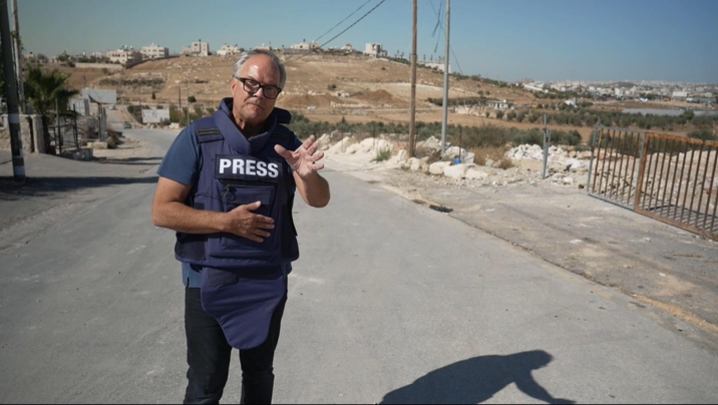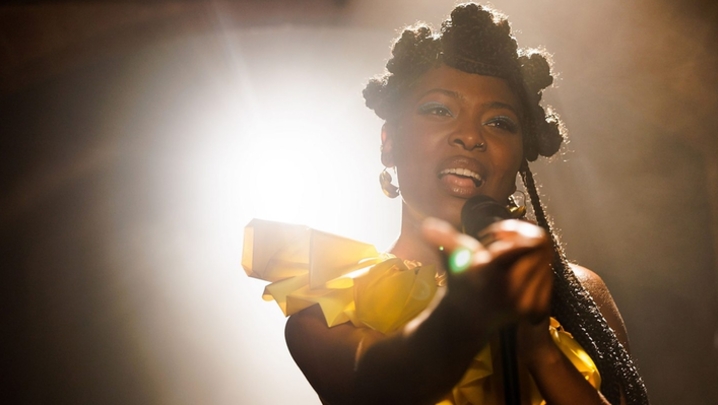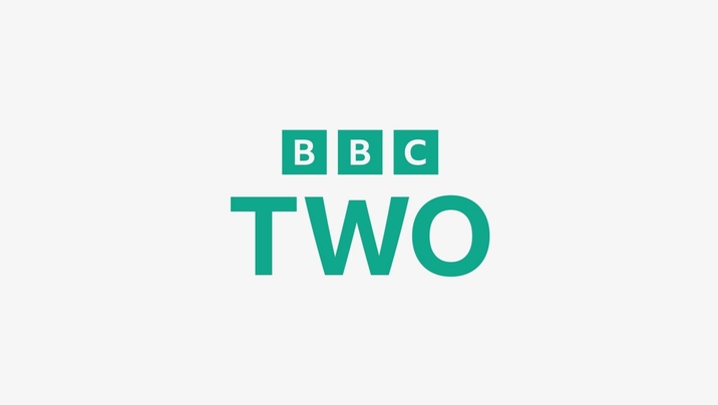Online connectivity has done little to address a growing social “disconnectivity” argued veteran journalist Jon Snow, delivering this year’s MacTaggart lecture at the Edinburgh International Television Festival.
The Channel 4 News anchor called for journalists and their recruiters to leave their bubble in order to widen the awareness and understanding of people outside the media elite.
Snow said that the recent Grenfell Tower tragedy had exposed a shameful lack in awareness of issues facing those on lower incomes.
In a moving speech, Snow spoke of the guilt he felt when confronted by the survivors of the Grenfell disaster who asked broadcasters “where were you? Why didn’t you come here before?”
Snow also criticised Facebook during the hour-long speech, advising that the social network should prioritise “veracity over virality” in light of recent issues around fake news.
Facebook has a priority to provide veracity over virality. It is fundamental to our democracy pic.twitter.com/7inoIzQZI6
— Jon Snow (@jonsnowC4) August 23, 2017
Earlier in the day, a group of television satirists including Rory Bremner, Nish Kumar, Jolyon Rubenstein and Matt Forde argued that comedy plays a major part in holding public figures to account.
The panel argued that satirical programmes provided an opportunity to attack politicians in a way journalists couldn’t, as they were not compelled to be balanced in the same way as news programmes.
However, Jolyon Rubenstein, whose sketch The Real Housewives of ISIS caused a stir earlier this year, said comedians were still being held back by compliance issues, in a way that wannabe satirists on Twitter were not.
Matt Forde, who has just finished hosting the third series of Unspun on Dave, said that satirical shows helped the public familiarise themselves with key political figures. He argued that satirists needed to have “a baseline of respect” for politicians, in order to ridicule them. However, Rory Bremner cautioned comedians from getting too chummy with politicians, suggesting that portraying figures such as Donald Trump and Boris Johnson as ‘clowns’ “gave them space” in the public eye, which they may not have achieved without the additional exposure.
The first day of the annual television festival also saw some key announcements from television controllers including BBC Two boss Patrick Holland, outgoing Channel 4 chief creative officer Jay Hunt, and ITV’s director of television Kevin Lygo.
Holland announced the return of hit comedy series The League of Gentleman, as well as new commissions including insider documentaries with the Foreign Office and the British Army.
Channel 4’s Jay Hunt, who was responsible for bringing the Great British Bake Off to Channel 4, said she had suggested Noel Fielding as one of the new hosts as his unique personality appealed to children as well as adults. She added that while the cookery series was a major expense for the channel, viewing figures over 3 million would be “fantastic”.
Hunt’s team also unveiled details of new commissions including comedies Lee and Dean about two builders, and the return of Peep Show stars Mitchell and Webb in Back.
Meanwhile, ITV’s Kevin Lygo admitted The Nightly Show had suffered from numerous issues, not least the changing of hosts each week. He also suggested that the 10pm timeslot was perhaps a mistake, but that the plan had been to try and extend prime time beyond the 9pm slot.
Lygo and his commissioning team revealed details of new series including Gone to Pot, a factual series which sees household names travelling across the USA to get high on cannabis, and Last Laugh in Vegas, which will see old entertainers such as Canon and Ball head to the neon lights of Nevada in a bid for one last hurrah.

